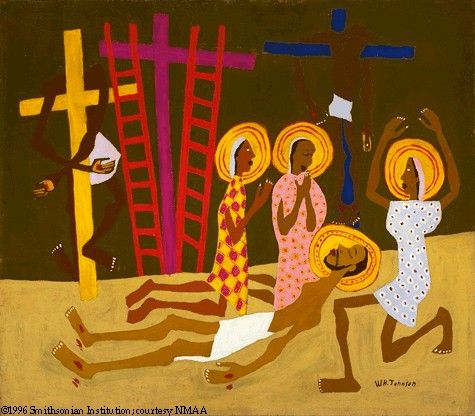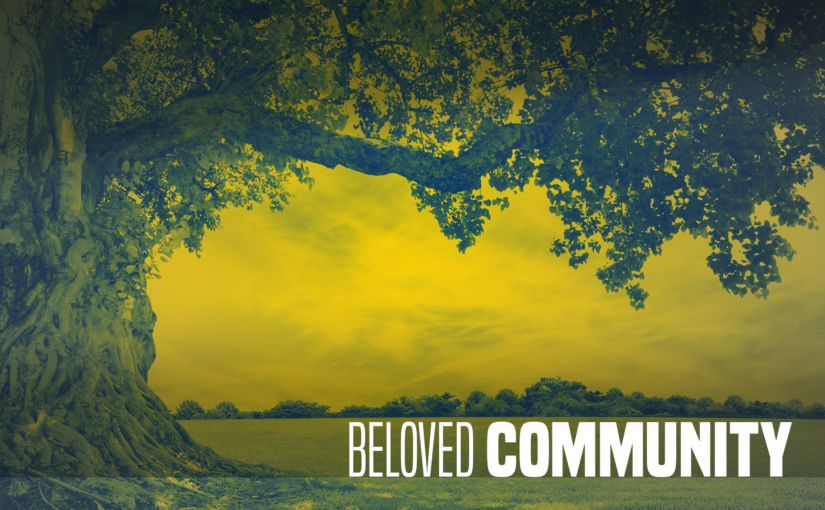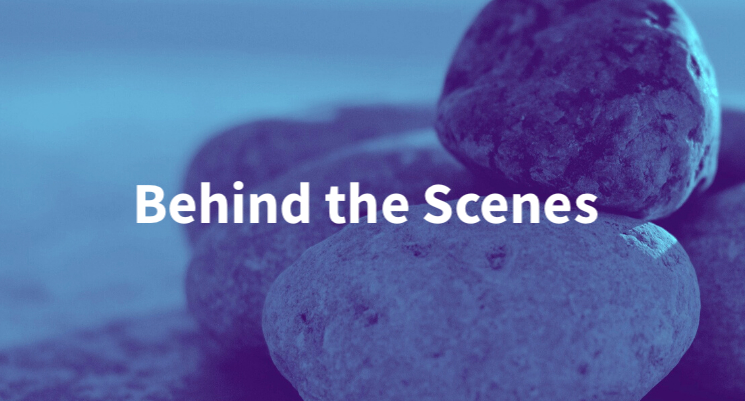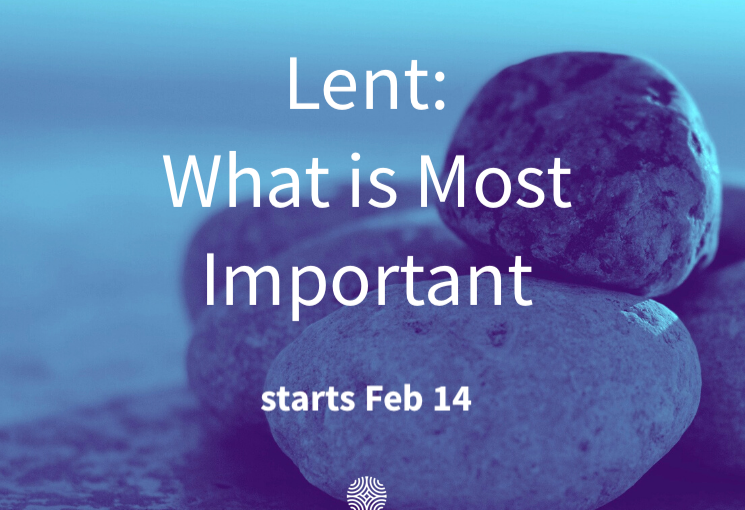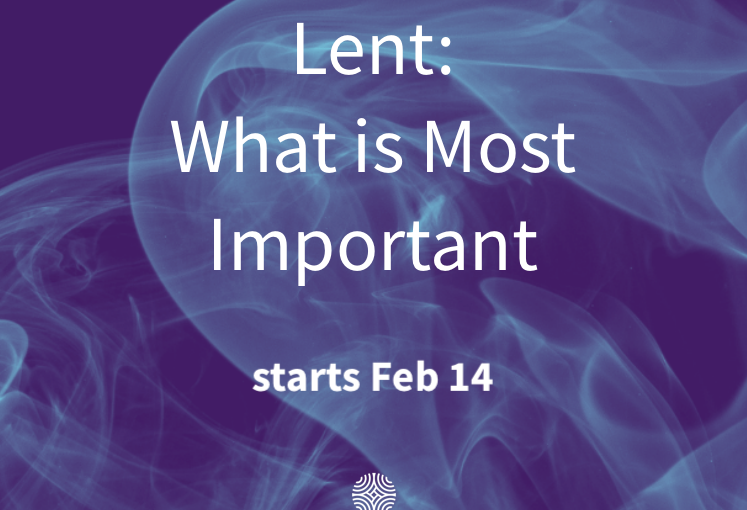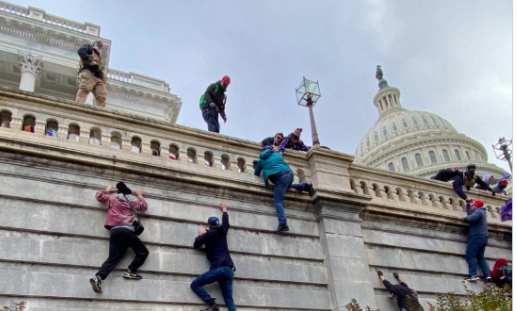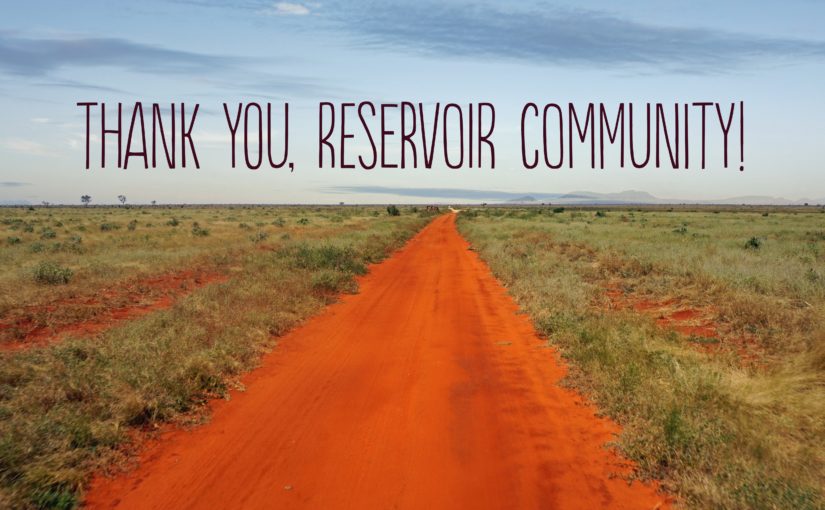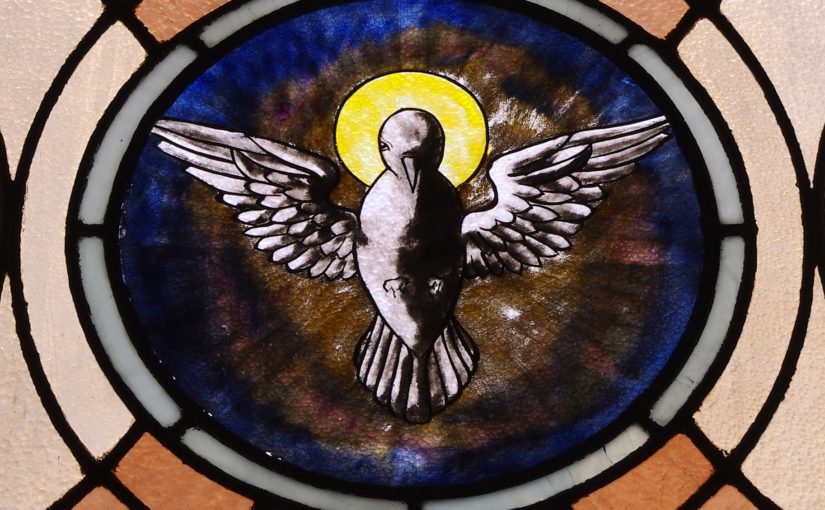Part 6 and the last in my series this year which asks, “Why Did Jesus Die?”
Why was God so invested in humanity that God became one of us, born a child in Bethlehem? Why was God so committed to life on this little planet of ours that God entered into the story as a poor, Jewish child in a backwater town, on the Eastern edge of the ancient Roman empire? The shortest and oldest answer to this question is God became like us, so we could become like God.
During Lent this past winter, I began a series of six reflections on the question: Why did Jesus die? Shockingly, as the coronavirus shut down set in, I never finished! While that feels like 9 years, not 9 months ago, Christmas seemed a great time to finish the series, as the last entry is all about the incarnation: God taking on a body, becoming a human being like you and me.
To sum up where we were during Lent, way back last winter:
- I began this six part series saying that many of us aren’t sure how to explain why Jesus died to ourselves, let alone anyone else. I suggested that whether we have our own children or not, if we are to practice a faith we’d hope we could transmit to a future generation, it would help if we could explain why Jesus died to a child of any age, and to do so clearly, confidently, and gladly.
- Next we were encouraged to practice some perspective and humility when we think about who God is to us in Jesus. After all, the New Testament has dozens of metaphors and images to help us think about sin, grace, salvation, and the meaning of the life and death of Jesus.
- Our third entry looked at the intersection of the cross on which Jesus died and the great pains of our lives and history, especially America’s closest equivalent to the Roman cross, which is the lynching tree on which so many African American innocents were killed. A God who died on the cross suffers with us, in solidarity with injustice and pain.
- Next we looked at the emerging field of scapegoat theory, and how that helps us reinterpret the sacrificial language for Jesus’ death. People, from ancient times through today, have been so addicted to scapegoating, looking for other people and groups to blame for our problems. In dying as a scapegoat, God upends that whole story, commanding respect and sympathy for innocent victims and encouraging a more just, peaceful, and whole humanity.
- And before I lost track of it, our second to last entry discussed how God looks like Jesus. Jesus died to cut through the pile of rumor and report of all we have thought about God, and to show us what God is like: self-giving, radically forgiving, co-suffering love.
This Christmas, we finish with the final thought in this series. God became like us, so that we could become like God.
This was first written by the second century pastor Iranaeus, born in Turkey, but later bishop of Lyons, in modern day France. He wrote, “The Word of God, our Lord Jesus Christ, through his transcendent love, became what we are, that he might bring us to be even what he is himself.” Other founding fathers and mothers of the faith echoed this sentiment in the centuries to come. They were responding to scriptures in the New Testament that speak to the transformative significance of God becoming a human being in the person of Nazareth, as well as scriptures that speak of the exalted future of humankind: becoming heirs of all God has with Christ, being transformed from glory to glory, and the like.
In the Eastern Orthodox Christian tradition, this teaching has become central doctrine. It is often labelled the doctrine of deification or divinization: the divine destiny of human beings in Christ Jesus. Just as we were all created in God’s image – people who would in particular ways have the character, authority, and beauty of the living God – God will fully restore that image through this life and beyond the grave in the life to come. With God’s help, we will again be like God.
For modern people who find this language of deification or divinization foreign or off-putting, another way of stating the same concept is to call this the doctrine of our new humanity. With God’s help, we will again become fully human, our own unique selves fully infused with the love and wisdom of God. With the help of God, we will be the full measure of who we were meant to be.
How does this work, though? How does one human who lived so very long ago have anything to do with the exalted destiny of you and me and the whole human race?
Well, it is more of a mystery than a formula. But the life and teaching of Jesus indicates at least two ways we can ponder how this can be so.
First, there is the cosmic, historical dimension. Jesus was every bit the real person that we are. He had the same complex, glorious, and sometimes embarrassing digestive system we do. He bled when he fell, cried when sad, laughed when amused. He had favorite foods and people. All the things. But Jesus’ best friends and his biographers, and the many followers and scholars of his life that followed insisted that he was more than just this, that in his life, they saw the love and kindness and power and wisdom of God. Christian theologians have a formula to describe this complexity; they say Jesus was fully human and also fully divine.
As a result, we say things like God took on a body, was made incarnate. We say God spoke through Jesus. We say that when Jesus was executed, God died on that cross. For those of us that believe Jesus expressed a unique human-divine union, what this means is that God has brought all the limits and sins and mortality of humanity into God’s nature. And God has brought the boundless love and life and immortality that is God’s into our nature.
I call this a cosmic, historical dimension because it is cosmic: it is a big, sweeping spiritual mystery you cannot prove or disprove, but can believe if you’re so inclined. And it is historic: it is something God has done in human history that has opened up new possibilities for our current connection with God and our post-mortem union with God.
So that’s all pretty high level mystery. But there is a persuasive dimension to this as well. Jesus told his disciples: you are my friends, not my servants, because I have shared everything with you. And then he also told them: you are my friends, if you do what I have commanded, which is to love one another as I have loved you. It’s a particular friendship into which that Jesus invited his 1st century best friends, as well as all friends of Jesus to come. Listen to what I have to say, learn what God is like through me, and love as I love. That will make you friends of God. It will change you. It will make you, in your own unique way, like me.
This is a more down to earth picture of divinization, or walking into our full humanity: learning to be a friend of God, by following the ways of Jesus, and seeing over time what we become.
In the same place we read Jesus speaking about love and friendship (John 13-17), Jesus says that this is not work we have to do alone. Jesus says we will not be alone because the One-who-comes-alongside will be with us. This word in Greek is “paraclete.” It often means an advocate – one who represents or defends. It can also mean a consoler or counsel – one who comes alongside to aid and comfort. Jesus says God in invisible form, what we call Holy Spirit, will be there for us in these ways to continue to woo us, to encourage us, and to give us strength and help to listen to Jesus, to follow his ways, and to become the God-infused, fully human version of ourselves.
This is why Jesus lived and this is why Jesus died, God becoming like us, so that we can become like God.
This Christmas, as we celebrate the birth of Jesus, I hope we all can remember and welcome this intention of God for us. To show us what God is like, to join us in our story, and to invite us to join God in God’s story in and for and through us too.


